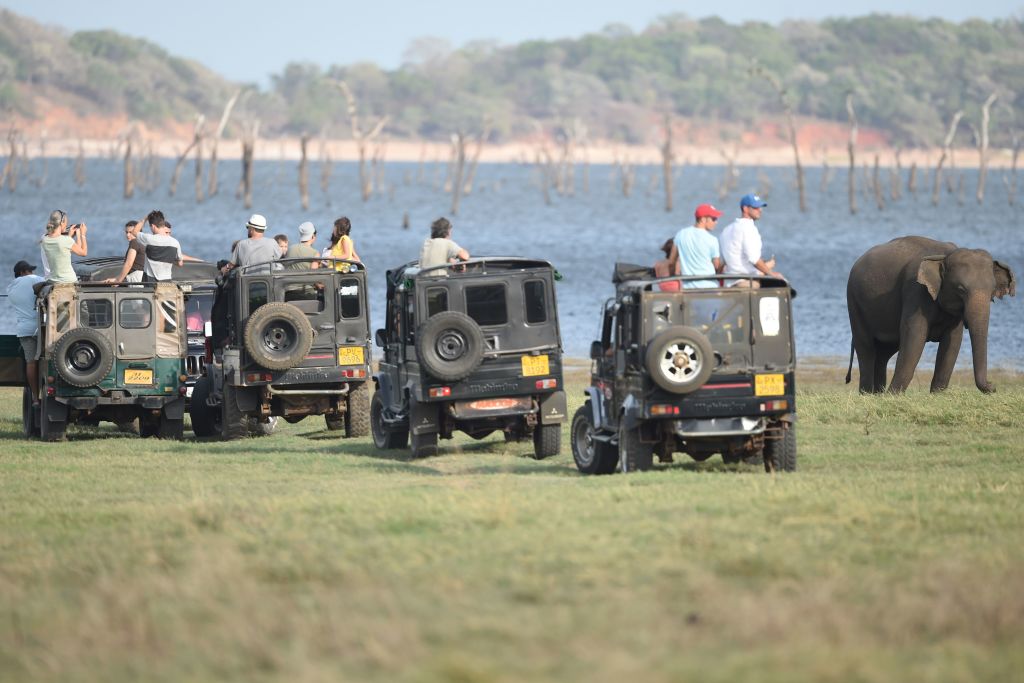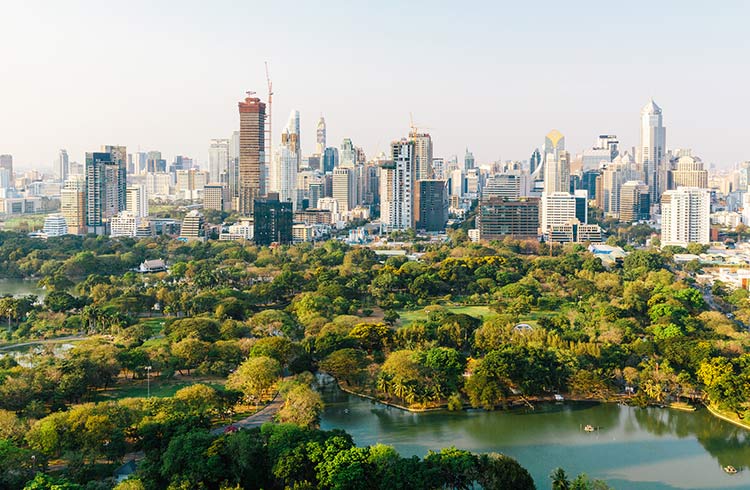6 Easy Responsible Travel Tips
From putting your money in the pockets of local businesses to steering clear of unethical tours and activities, it's simple to improve your travel habits for the better.
 Photo © Getty Images / Ishara R. Kodikara
Photo © Getty Images / Ishara R. Kodikara
Traveling better isn't just about packing and planning smarter – it’s about leaving a place in a better condition than when you arrived. As travelers, our choices and behaviors can contribute to positive social and environmental change if we each do our own small part.
- Steer clear of international chains
- Tour locally
- Avoid wildlife exploitation
- Don’t haggle too hard
- Minimize your water impact
- Volunteer and give back
1. Steer clear of international chains
Travel is all about embracing unique experiences – so ditch the fast-food joints and chain hotels in favor of local digs.
By shopping in local markets, dining in hole-in-the-wall restaurants, and staying in accommodation that supports the local community, you’re guaranteed a more authentic trip.
What’s more, you’ll sleep more easily knowing you’re supporting the local economy, not lining the pockets of multinational chains.
2. Tour locally
It can be tempting to book the majority of your trip beforehand online, but organizing tours when you arrive is a far more responsible practice.
Why? By booking directly with a local tour agency, you not only get a cheaper deal – not an inflated internet price – but you cut out the middle man or international tour agency. As a result, you boost the economy and keep local guides in jobs.
3. Avoid wildlife exploitation
When face-to-face with a fluffy – but probably sedated – tiger, or caught up in the thrill of anaconda hunting in the Amazon, it can be easy to forget that wild animals shouldn’t be used for our entertainment.
It’s reassuring to see wildlife exploitation being condemned by the travel industry, and you can help make it a thing of the past by only visiting sanctuaries run by registered NGOs, and avoiding tours that allow you to touch wildlife.
4. Don’t haggle too hard
We all want to get a good deal when traveling on a budget, so it’s tempting to haggle when buying souvenirs and tours to get rock-bottom prices.
Although this might be standard traveling practice in parts of Southeast Asia and northern Africa, before you drive a hard bargain, consider the impact of shaving a few dollars from your purchases.
This small sum of money might not mean much to you, but could be a significant amount for the vendor. Always barter with a conscience, and be aware of who’s potentially losing out on the deal.
5. Minimize your water impact
Drinking tap water can be a big no-no in many developing countries, but relying on a steady stream of expensive bottled water results in a huge environmental footprint. These bottles either end up in landfills or as part of the 13 million tons of plastic that leaks into the oceans each year.
Luckily, a filter that can zap the nasties out of water is a far kinder option – for both your wallet and the planet.
6. Volunteer and give back
There’s nothing quite like the experience of volunteering to get under the skin of a country and allow you to leave a bigger footprint than you can as a tourist.
Finding responsible projects that’ll make use of your skills requires research, but it’s worth the effort. By supporting an ethical organization that works directly alongside a community, you can help show how tourism can have a sustainable, long-term, and ultimately positive impact.
Related articles
Simple and flexible travel insurance
You can buy at home or while traveling, and claim online from anywhere in the world. With 150+ adventure activities covered and 24/7 emergency assistance.
Get a quote


No Comments